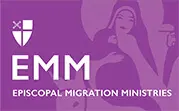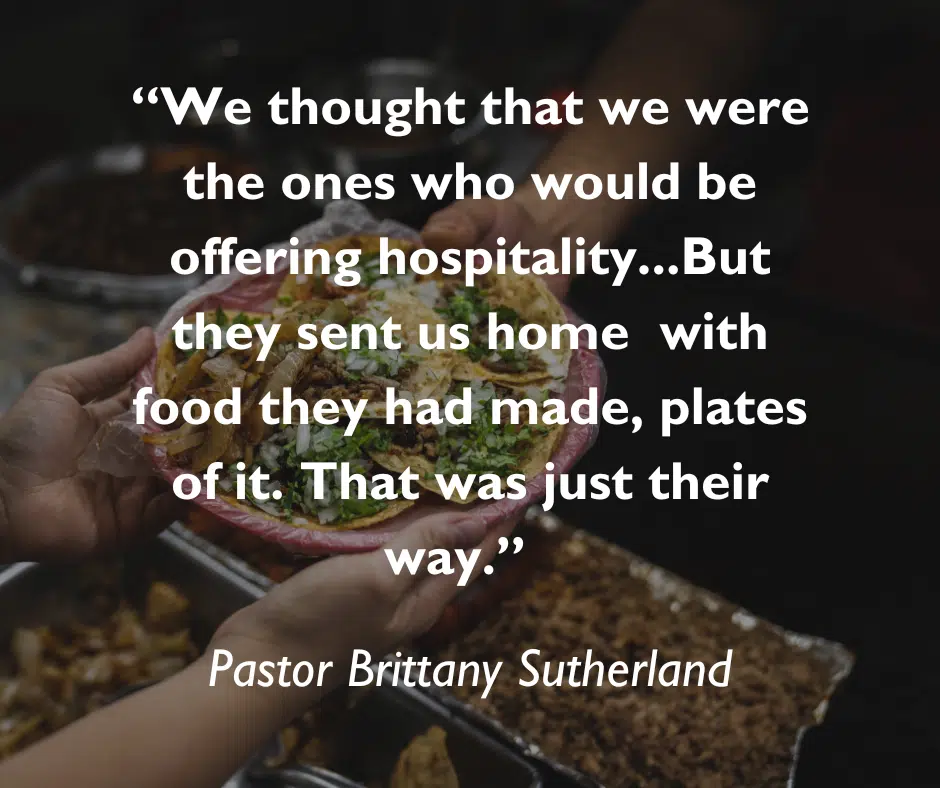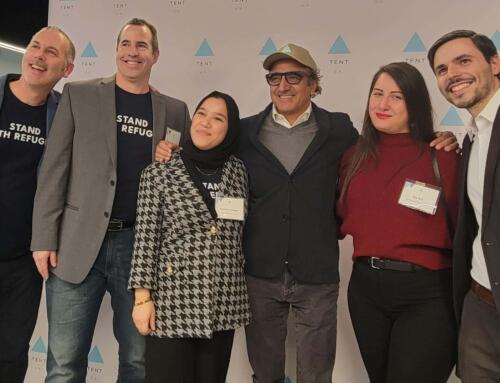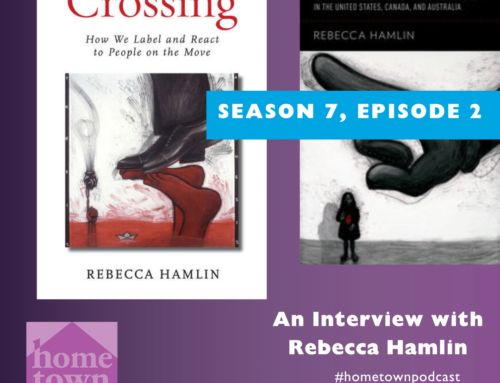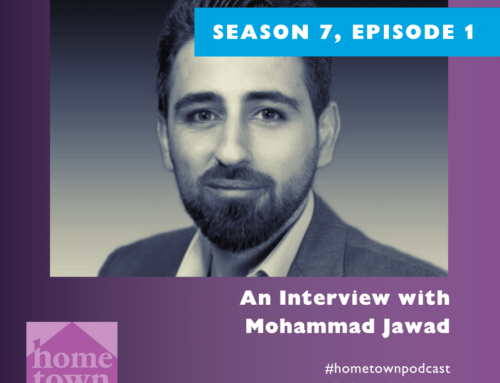This is Part 3 in a four-part series. Read Part 1 and Part 2.
Murray Ecumenical Partners began their work as an RPCP with a desire to help, but only a basic understanding of all that is needed to empower newly arrived refugees to attain independence and economic self-sufficiency. Like most Americans, the team’s members had become independent adults gradually, organically, never stopping to think about all that goes into acquiring a Social Security number, driver’s license, or work authorization. Imagine doing all those things at once while also learning a new language and navigating a new culture and city! This work is challenging, but Murray Ecumenical Partners took a leap of faith, inspired to help the newcomers feel at home in Kentucky.
What happens after an RPCP’s clients arrive? What are the first few days and weeks like?
What kept the team and the family going was the family’s joy at being in a safe place, close to extended family. Pastor Brittany Sutherland of the First Presbyterian Church of Murray recalled the family’s arrival in mid-May 2023. When the two parents and three children finally arrived in Murray after months of waiting, a last-minute delay, and hours of travel, the RPCP team assumed they would want a quick orientation to their new home and then to be left alone to sleep.
But no – the family’s middle child had just had a birthday and they were looking forward to celebrating it in their new home. Family members who lived in western Kentucky came with a huge cake, balloons, toys, and the parents of the arriving family, both chefs, began cooking a meal for the entire gathering, insisting that the team stay for the party. This was the first of several times that the team realized that things might go differently than they had expected.
“We thought that we were the ones who would be offering hospitality,” said Pastor Brittany, but the newcomers repeatedly challenged and expanded the Americans’ sense of what it means to be hospitable. “They would offer us not just a glass of water, but a whole meal. They insisted we stay. They sent us home with food they had made, plates of it. That was just their way.”
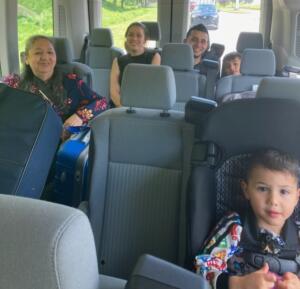
Older and younger members of the reunited family happily rode to Murray together, after arriving at the Nashville airport. First on the agenda upon arriving at their new home: celebrating a child’s 4th birthday.
What makes the work of an RPCP team challenging?
Differences in language ability were a challenge initially, but by leaning on interpreters and using body language, they began to communicate with each other. Brittany Sutherland had studied Spanish in high school and college, but quickly found her limits. That didn’t seem to matter to her new neighbors: using her capacity as a yardstick, they began to ask others, light-heartedly, “Do you know more Spanish than Brittany?” With good-humored patience, they encouraged each other in their efforts to learn an unfamiliar language.
Patience was also needed for paperwork: applications for public benefits, work authorization, Social Security cards, and school registration. Murray is a small town, in a rural area. The team often had to travel with family members to larger cities for services or official procedures, and this meant planning transportation, bringing interpreters, and repeating the process when a document was missing or not in the required format. “Overnight, we had to become experts on immigration, public benefits, and so much else,” said Pastor Brittany.
“The biggest challenge?” she added, “It was our fear of getting to the end of this 90-day period and discovering that we missed something major. As church leaders, we are called to welcome the stranger. And can we be welcoming when we are also learning government agencies, and what forms do what, and how to get a social security card?”
Yet the team and family continued to make progress. By the four-week point, both adults were eager to find work, and realized that in this setting, they would likely need a car. They were surprised by the cost of fresh produce and relieved to finally discover a place to buy plantains, a staple of Colombian cuisine. The team worked with them to develop a household budget that reflected what they could likely earn in their first U.S. jobs. The husband, a chef, agreed to start working nights at a local factory; that’s what was available, and they were eager to become independent.
In the final installment, we will consider what people in the Murray community learned from the experience of welcoming newcomers.
